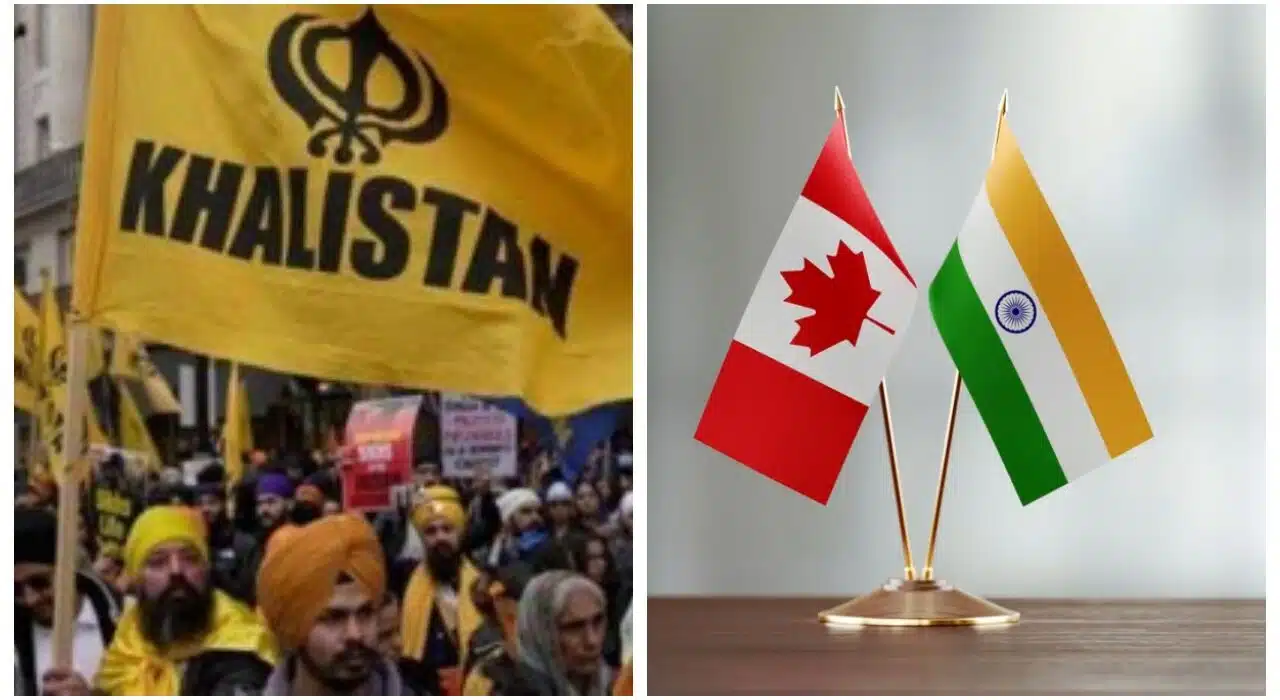Against this backdrop of diplomatic tension between India and Canada, a report from a Canadian news channel alleges that India is refusing visas to pro-Khalistani people unless they renounce separatism. This report, which quotes interviews with Sikh Canadians including one from the gurdwara formerly led by the slain terrorist Hardeep Nijjar, has sparked sharp criticism from geopolitical experts.
The controversy lies in the fact that such activists loudly protest India and indulge in anti-India activities, including raids on Indian consular offices, while now crying victimhood over visa restrictions. As experts have said, such requirements are common worldwide, and stricter protocols even exist in countries like the United States.
Global News reports that several pro-Khalistani Canadian Sikhs were approached to sign forms denouncing separatism and promising respect for India’s sovereignty. The forms were a precondition for the approval of their visas. Bikramjit Singh Sandhar, former president of Guru Nanak Gurdwara in Surrey, where Nijjar was chief before his death, was one of the notable claims.
India is refusing visas to pro-Khalistani people, a sympathizer of Khalistani reveals
Sandhar, who is a sympathizer of the Khalistani cause, was allegedly denied a visa in 2016 and asked to sign a statement pledging allegiance to India. He refused to do so.
According to the allegations, the Indian consulate in Vancouver allegedly sent similar forms to other pro-Khalistani individuals. Those who signed these forms were allowed into India. The controversy has created heated debates on social media, where people mock the sense of entitlement of these activists.
The geopolitical analysts said all countries had visa conditions in place for safeguarding their interests, while they criticized the Indian stance by pointing out hypocrisy on the part of the ones that were actually anti-India but still critiquing India over the move.
Also, see: India expels 6 Canadian diplomats as relations between India and Canada worsen
